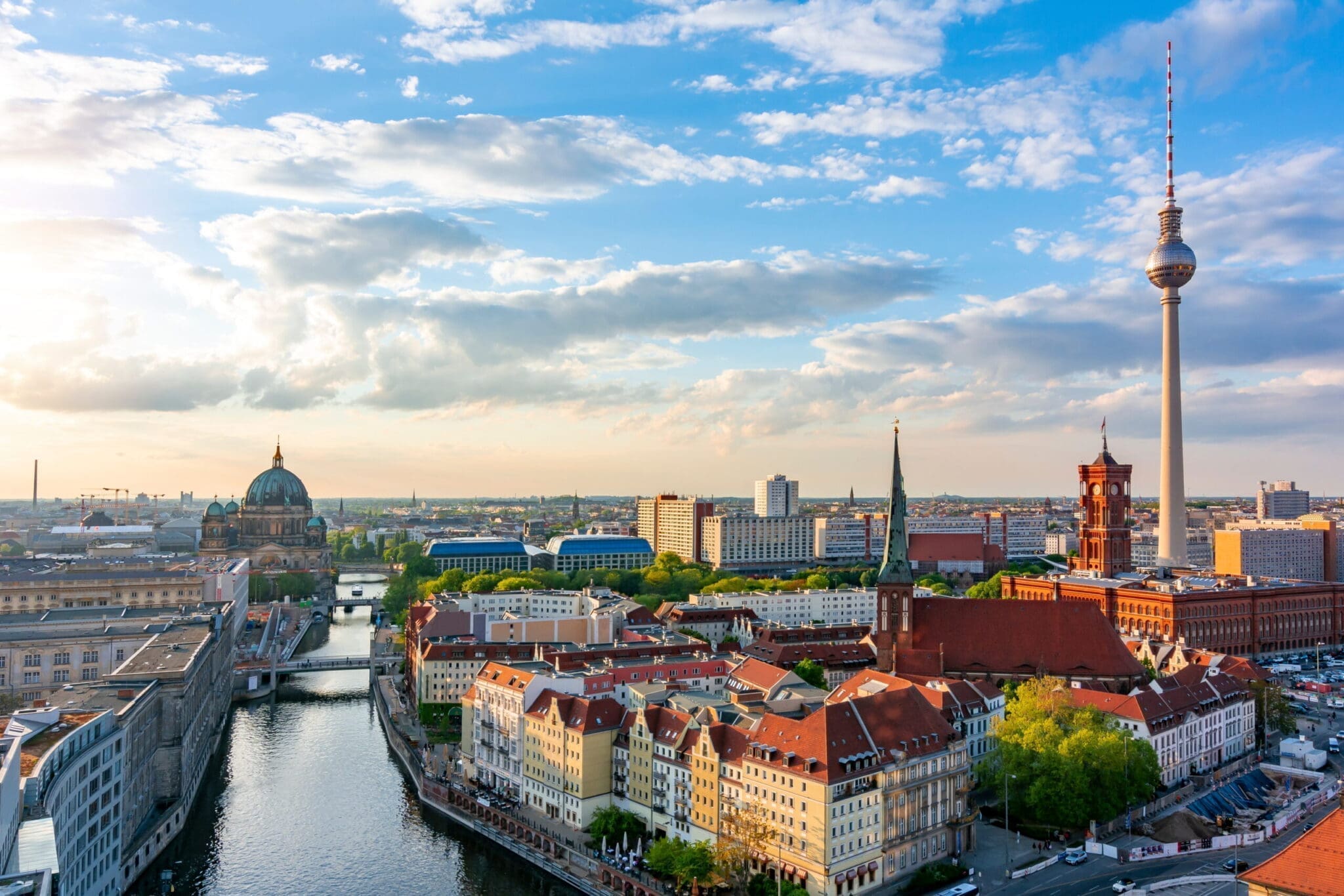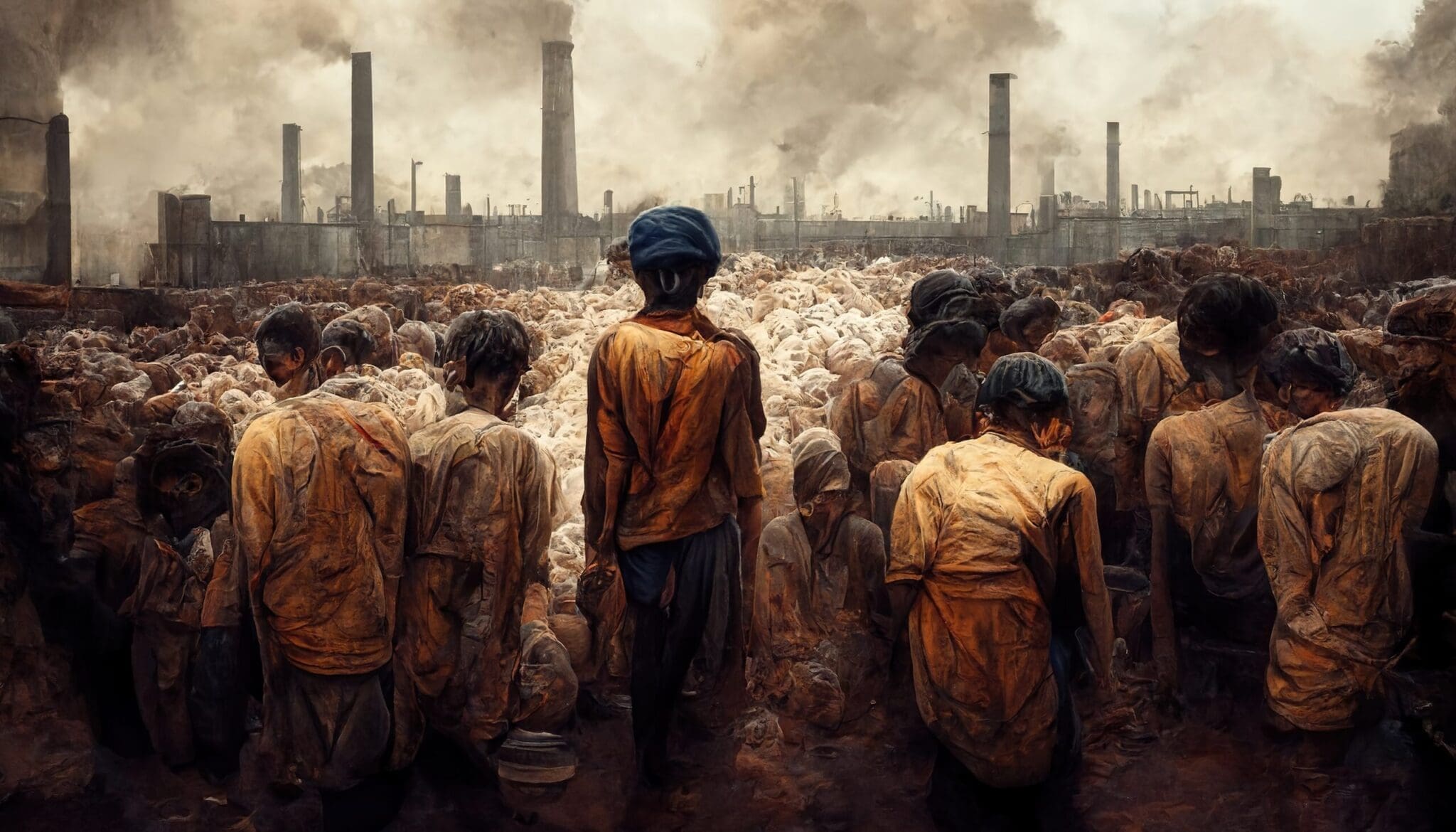December 10th 2021 marks Human Rights Day, established in 1948 when the United Nations General Assembly adopted the Universal Declaration of Human Rights. This year’s theme relates to ‘Equality’ and article 1 of the Universal Declaration of Human Rights ‘All human beings are born free and equal in dignity and rights’. At Achilles, we’re committed to helping companies manage Human Rights within their business and their supply chains, tracking suppliers’ compliance with international law and best practice, ensuring workers on their projects are protected and treated equally.
According to our data, almost a third of companies did not verify that workers provided by third parties, such as sub-contractors, agencies or umbrella companies, were paid in accordance with project or recognised minimum wage rates. With this in mind, it’s really important to understand where human rights violations might be hiding are in your supply chain, so here are three recent insights into driving ethical labour practices in supply chains.
Read our collection on human rights and ethical business:
We may believe that ethics are fully embedded in business practice however, evidence suggests that this is far from the truth. Eradicating modern slavery is one of the Sustainable Development Goals (SDGs) set for 2030 by the member countries of the United Nations. Goal 8.7 of the SDGs urges governments to: “Take immediate and effective measures to eradicate forced labour, end modern slavery and human trafficking and secure the prohibition and elimination of the worst forms of child labour, including recruitment and use of child soldiers, and by 2025 end child labour in all its forms.” Continue reading.
Last year ‘normal’ life was put on pause, and the COVID-19 crisis shone a spotlight on and even aggravated existing patterns of inequality. With many companies unable to monitor their sites or supply chains as closely as they would like, the task of combatting forced labour and modern slavery was made even more difficult.
The two latest human rights reports from Human Rights Watch and Amnesty International highlight that while the pandemic affected almost every corner of the globe, it didn’t hit pause on the many existing problems fuelling modern slavery in supply chains. In fact, with less active oversight the problem may have got worse. Continue reading.
Driving safer, and more ethical supply chains by unlocking unsafe practices is our key goal. In this case study, British Land and Sir Robert McAlpine share how they have been able to identify what is really happening in their supply chains from those with first-hand knowledge – the tradespeople contracted to work on their sites. Continue reading.
Business leaders in 2022 need to consider more than just the human rights of their own employees but also those of the individuals working within their supply chains. According to our Global Sustainability Priorities Survey carried out in September 2021, the most common driver of corporate ESG initiatives is social conscience and the desire to be good corporate citizens – cited by 54% of companies.
A key insight to highlight from our Ethical Business Programme (formally Labour Practice Audits) that have been carried out throughout 2021 is the fact that there has been a significant increase in temporary contracts post-COVID-19 (43% of interviewed workers), an indicator for greater risk when it comes to poor employment practices.


